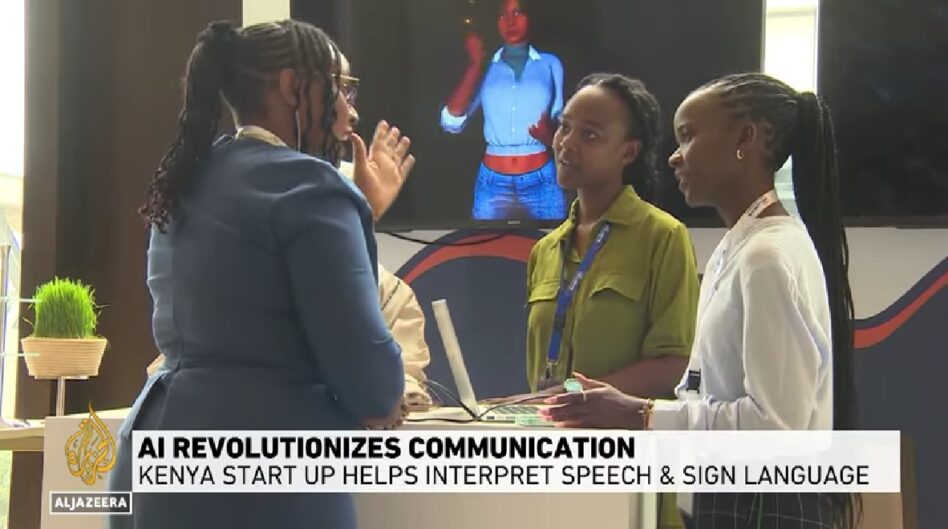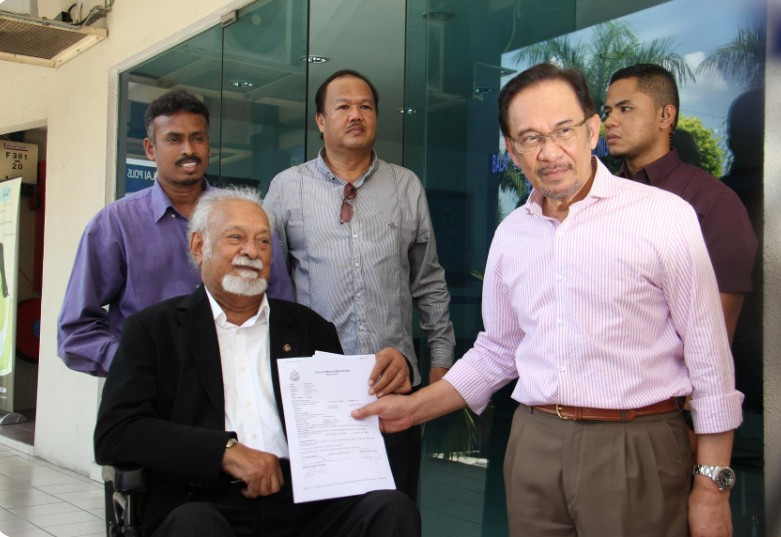This is a response to “Lim Kit Siang hopes Johor polls can stop Malaysia becoming Venezuela of ASEAN” which was published on Jan 29, 2022.
I TRULY understand how disgruntled Lim Kit Siang is given the fact that Pakatan Harapan (Pakatan) is doing badly in elections lately and very recently, Pakatan could not even make its mind on a common logo for the Johor State Election.
While I understand his frustration, why bring up Venezuela as an example? Is Lim singing to the tune of the US and its allies who have embargoed and sanctioned Venezuela as their democratic government does not want to play ball with the US? Why did Lim use Venezuela as a bogeyman once again just like he did back in 2019?
Lim asserts that Venezuela was one of the richest countries in the world. Venezuela’s extreme dependence on oil income both brought great riches but made the country extremely vulnerable to collapse of oil prices like in the 1980s.
The oil boom in the 1950s and 1960s brought significant numbers of Venezuelans from rural areas to the nation’s capital (Caracas) but such urbanisation resulted in large growth of informal settlements in Caracas.
While such oil booms do translate to better wages, the reality of pre-Hugo Chavez Venezuela was unaddressed inequality. With the decline of oil prices in the 1980s, some members of lower income communities had to resort to eating dog food to survive!
In 1989, Venezuelans forcefully attempted to implement neo-liberalism and this resulted in a massacre that killed nearly 3,000 Venezuelans under this supposed “oasis of democracy” in the 1980s. One wonders about the illusion that Lim has about richness of Venezuela.
While the oil industry of Venezuela was nationalised in 1976, the oil industry was acting like a state within a state and benefits of the industry did not spread to all people of the country.

With the election of president Chavez in 1998, Chavez’s government asserted state authority on the Venezuelan oil industry.
The revenues of the industry and efforts of Chavez’s government translated in enabling, empowering and enriching the people by providing healthcare and education, supporting co-operatives and workers’ movements, while strengthening Venezuelan cultural identity.
Venezuela had adopted a new constitution in 1999 and conducts elections electronically with strong safeguards against fraud and even have a provision for recall elections (the ability to recall elected leaders, including the president of the country – Chavez himself was subject to such a recall in 2004).
The United Nations (UN) praised the reforms for bringing Venezuela out of poverty. At the same time, we need to acknowledge that Venezuela is enduring a severe economic crisis and the country does need to break out from the unhealthy dependency on oil.
The country has unaddressed high rates of crime, challenges in shifting to a more workers-controlled economy and high inflation rates.
Humanitarian crisis
Lim may need to explore problems prevailing in other countries backed by the US such as Colombia – the deadliest country for trade unionists and workers, which is also a country that is destabilising Venezuela politically.
Perhaps, Lim should explain what he meant by Venezuela of ASEAN? Lim’s argument that Venezuela today is facing a humanitarian crisis, with the state facing bankruptcy, should be discussed in the right context.
The humanitarian crisis is not due to corruption in the government but due to the US-imposed embargo. They have also blocked Venezuelan money through dirty and inhumane tactics.
Furthermore, Lim seems to be reading from the Washington Post rather than realising that the Venezuelan people have continuously given support for reforms and have elected the socialist government for almost two decades now.
Lim is oblivious to the fact that Venezuela has been subjected to economic warfare for years, where goods shortages and electricity disruptions are linked to election period.
Moreover, Venezuela has not broken out from a century-old economic dependency on oil. It is an intellectual dishonesty to compare the Malaysia’s situation with Venezuela when the national circumstances are totally different.
“Sick Man of Asia”
Lim noted further that China was once labelled as the “Sick Man of Asia” but again I musk ask, who made up these labels?
When China adopted the capitalist model, the “sick man” suddenly became “a healthy man”.
As China is fast becoming an economic powerhouse, they are now a threat to US’ hegemony. They will soon be labelled as “terrorists of the Pacific”. Will Lim also parrot the American-made propaganda then?
It is important that we make comparisons with other countries to put in context the situation in Malaysia, but biased comparisons based on the US’ imperialist worldview is definitely problematic. — Jan 30, 2022.
S Arutchelvan is the deputy chairperson of Parti Sosialis Malaysia.
The views expressed are solely of the author and do not necessarily reflect those of Focus Malaysia.








